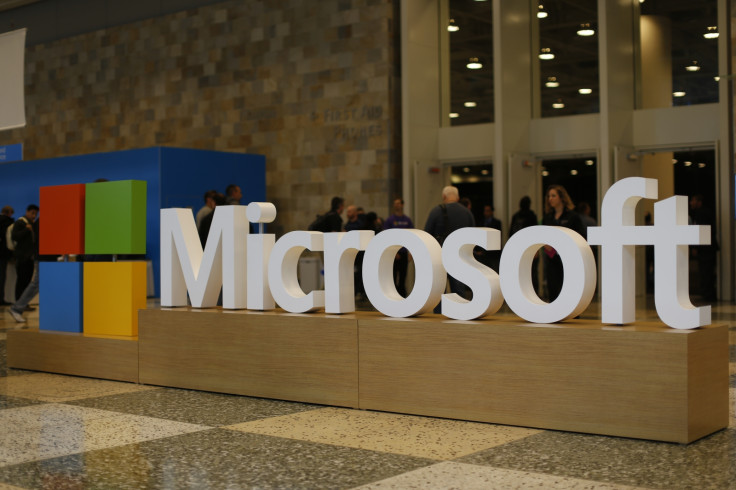Microsoft partners with D-Link to bring faster 'Super WiFi' to underserved regions
The programme will begin in an unspecified US state before trials begin in three other countries.

Microsoft is partnering with networking device vendor D-Link to provide faster Wi-Fi to rural regions across the globe, D-Link chairman John Hsuan announced at a press conference in Taipei on Monday (21 November). The wireless infrastructure, called Super Wi-Fi, will be based on the 802.11af protocol and will use unused bandwidth in the lower-frequency white spaces between television channel frequencies where signals travel further than at higher frequencies.
"Microsoft was founded on the idea of democratising access to technology," Paul Garnett, director of Affordable Access Initiatives at Microsoft, said in a statement. "Microsoft's current mission is to empower every person and every organisation to achieve more.
"For that reason, Microsoft is working with public and private sector partners around the world to develop technologies and business models that will make it easier for billions more people to affordable get online."
A pilot of the programme will begin in an unspecified US state before moving to three other countries to implement additional trials.
"D-Link sees ourselves at the very heart of this kind of technical innovation and development. We also acknowledge that we have a role to play in helping all countries and future generations better connect," D-Link managing director for ANZ, Graeme Reardon, said. "Our goal is to use all of our 30 years' experience and expertise and our global footprint to help deliver Super Wi-Fi as a technological platform for growth to the world's underdeveloped regions."
The tech companies are not the only ones interested in bringing high-speed WiFi to remote or developing regions around the world.
Last week, Elon Musk's SpaceX filed an application with the Federal Communications Commission (FCC) to launch a fleet of more than 4,000 low-orbit satellites to bring high-speed internet across the globe. In February, Google's balloon-powered high-speed internet service dubbed "Project Loon" began testing in Sri Lanka in a joint venture with the government.
© Copyright IBTimes 2025. All rights reserved.





















